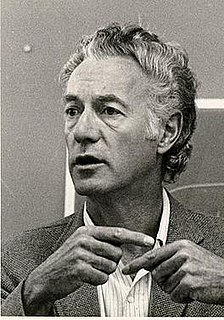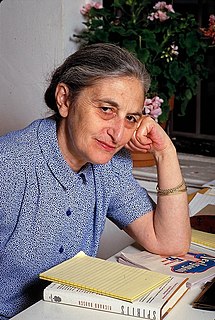A Quote by Jonathan Ames
Even when I was living below the poverty line as a novelist, I was still living better than 99.5% of the human population of the world. But in my little, soft realm of trying to amuse a few dozen middle-class people with my books and articles, I did struggle to survive in my own way.
Related Quotes
Most Americans living below the official poverty line own a car or truck - and government entitlement programs seldom provide cars and trucks. Most people living below the official poverty line also have air conditioning, color television, and a microwave oven - and these too are not usually handed out by government entitlement programs.
Cell phones and other electronic devices are by no means unheard of in low-income neighborhoods, where children would supposedly go hungry if there were no school-lunch programs. In reality, low-income people are overweight more often than other Americans.
I'm someone who thinks that the world would be a better place if there was a big middle class. I mean, middle class is peace. In a perfect world, everybody would have enough to eat and we'd be living in security. It's obvious. I'm very happy to pay my taxes and all that. I would say I'm more of a Social Democrat.
It is better to have a few forms well known than to teach a little about many hundred species. Better a dozen specimens thoroughly studied as the result of the first year's work, than to have two thousand dollars' worth of shells and corals bought from a curiosity-shop. The dozen animals would be your own.
The only excuse for a novelist, aside from the entertainment and vicarious living his books give the people who read them, is as a sort of second-class historian of the age he lives in. The "reality" he missed by writing about imaginary people, he gains by being able to build a reality more nearly out of his own factual experience than a plain historian or biographer can.
First, I was so dazzled and besotted by India. People said the poverty was biblical, and I'm afraid that was my attitude, too. It's terribly easy to get used to someone else's poverty if you're living a middle-class life in it. But after a while, I saw it wasn't possible to accept it, and I also didn't want to.
Given the relativity concept, poverty cannot be eliminated. Indeed, an economic upturn with a broad improvement in household income does not guarantee a decrease in the size of the poor population, especially when the income growth of households below the poverty line is less promising than the overall.



































